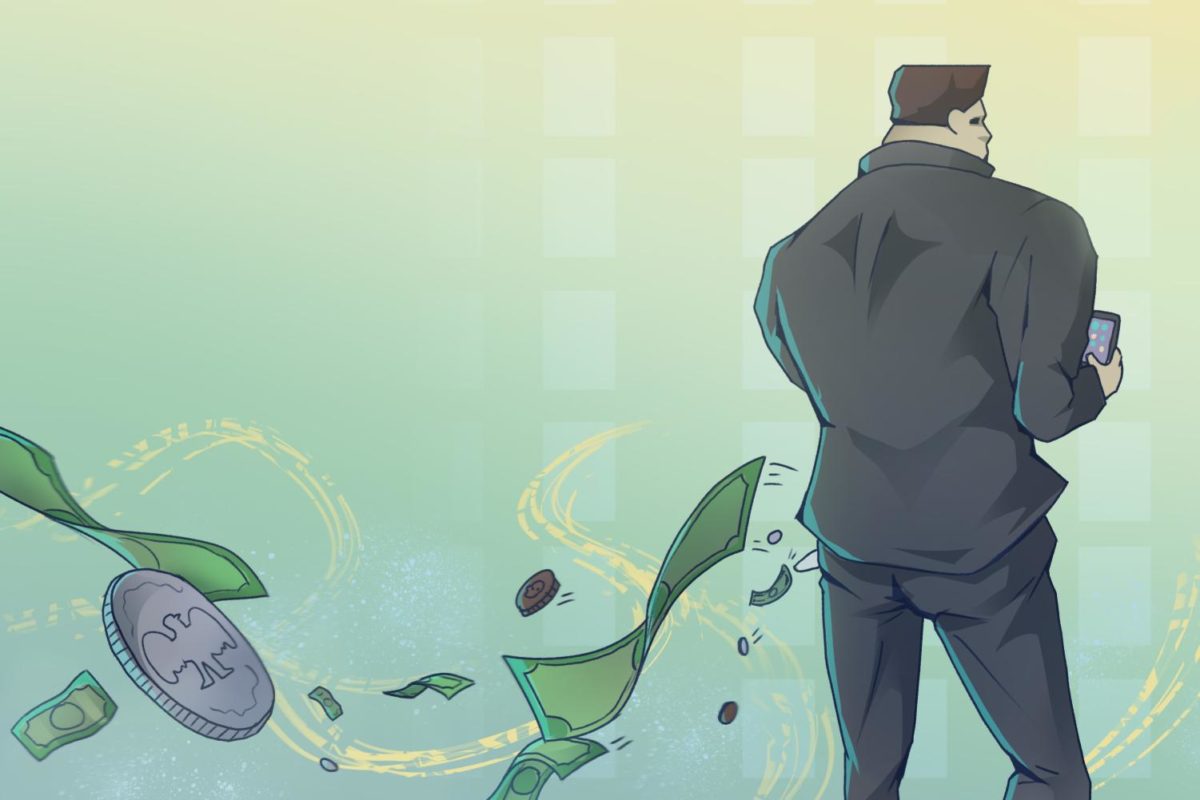Student names have been changed to protect anonymity.
Beck, a senior at Whitman, has a problem. It’s costing him money, it’s illegal and it’s incredibly addictive. Many would guess he’s a nicotine addict, but that’s wrong. His problem is gambling, an addiction the health curriculum has neglected to teach him about. Similarly to vaping, the exploding online gambling scene has an immense appeal to teenagers. Unlike vaping, however, it appears that nobody is concerned about students gambling.
The MCPS middle and high school health curriculums focus on sexual health, drug usage, alcohol consumption and mental health but not on gambling addiction, mentioning it incredibly infrequently in the curriculum. According to Yale Medicine — a leader in gambling disorder research — as many as several million Americans, 7% of which are youth, are affected by compulsive gambling disorder. For many adults, the addiction develops in adolescence. Due to online betting, gambling for teens is easier than ever — the only thing standing between them and online gambling is an age checkbox.
Gambling is often taken lightly by counties more concerned with sexual health, drugs and alcohol despite its addictive potential. Although less prominent than alcoholism, online gambling is increasing in prevalence every year. To combat gambling addiction, the curriculum should teach students about the dangers of gambling, which is easily accessible and culturally acceptable.
At Whitman, adolescent gambling is becoming increasingly prominent. For some students, it’s already spiraled out of control. Beck places thousands of dollars worth of online bets weekly on sports like football and basketball — often while at school — and keeps track of the scores during class.
That’s a large sum of money for a working adult to be betting, let alone a high-school student who can’t even work full-time yet.
Gambling costs him time, money and focus, but he doesn’t know any better because he hasn’t been taught anything about it. It’s taken lightly in comparison to alcohol and nicotine, and nobody is concerned with trying to catch students gambling at school.
If Beck had been warned from a younger age about the pitfalls of gambling addiction, maybe he wouldn’t be routinely staking hundreds of dollars on parlays in math class.
Although the financial consequence is often devastating in and of itself, gambling addiction is also mentally devastating. Similar to alcoholism, a gambling addiction saps focus and forces victims to lie to the people around them; it’s constantly stressful and preoccupying and often culminates in depression, fatigue and anxiety.
“I put all my brainpower for one day into gambling and making money,” Beck said. “When I lose a bet I get really mad. I sometimes punch walls and break them.”
Like any other addiction, a small indulgence can rapidly develop into a serious problem. For Beck, it started with a few dollars and has become hundreds.
“My first bet was a couple of dollars,” Beck said. “The next day it moved up to three. It was three for a couple of weeks and then moved up to five, and now I’d say I’m putting about 200 dollars on every game.”
The ability to bet anytime and anywhere means gambling is always at the forefront of Beck’s mind. Whether he’s out with friends, at school or with his family, sites like DraftKings and FanDuel ensure that he’s always thinking about betting.
Gambling is a nonchalant topic of conversation, both at school and with friends. For Oliver, another senior at Whitman, talking about his bets in science class with peers is one of the best parts of his day.
“You can place 10 bets in under five minutes with minimal research, and then in class with your friends discuss it,” Oliver said.
Oliver spends lots of time thinking about his bets while the games are played, but he can’t let his parents find out about his activities.
“If my parents knew, I don’t think they would approve of it,” Oliver said. “I try to keep it under wraps.”
Oliver doesn’t feel that gambling is a destructive habit for him because, unlike Beck, he doesn’t wager hundreds of dollars. Still, Oliver spends lots of time thinking about and placing bets, and it’s an essential part of his everyday life.
The Wisconsin Public Psychiatry Network Teleconference, a consortium of health experts, wrote that a staggering 90% of gambling addicts relapse, and only one-third can quit on their own. By comparison, just over 30% of alcoholics relapse during their first year of sobriety, according to The Recovery Village. Gambling is absurdly addictive and available to students, and it’s not right that it doesn’t have a place in the curriculum already.
Shawn Winans, a health teacher at Whitman, said one reason there’s no gambling unit is because there are simply too many addictions to cover in health.
“If we put an addiction on pornography, sex or every single drug, that would take a lot of time from other things we should talk about for health,” Winans said.
Gambling, however, deserves to be categorized as a prominent addiction. It’s becoming more and more available, and it will need to be introduced to the curriculum as the online betting scene increases in popularity. Gambling has an astounding rate of addiction and it will only become a more aggressively marketed and easily-available hobby in the future — and even worse, teens love it.
“I love sports. The prospect of being able to make money and watch something I love, and when you watch and have money on the game, there’s just an adrenaline rush,” Oliver said.
Online betting has a massive market in teenagers, and it has the potential to become the next epidemic. Beck and Oliver both believe they can quit whenever they want, but they both said that they wouldn’t feel comfortable going a day without gambling. The online gambling market is projected to double in size by 2029. If the county thinks gambling isn’t worth teaching about, they’re making a risky bet.
This story was originally published on The Black & White on October 4, 2023.

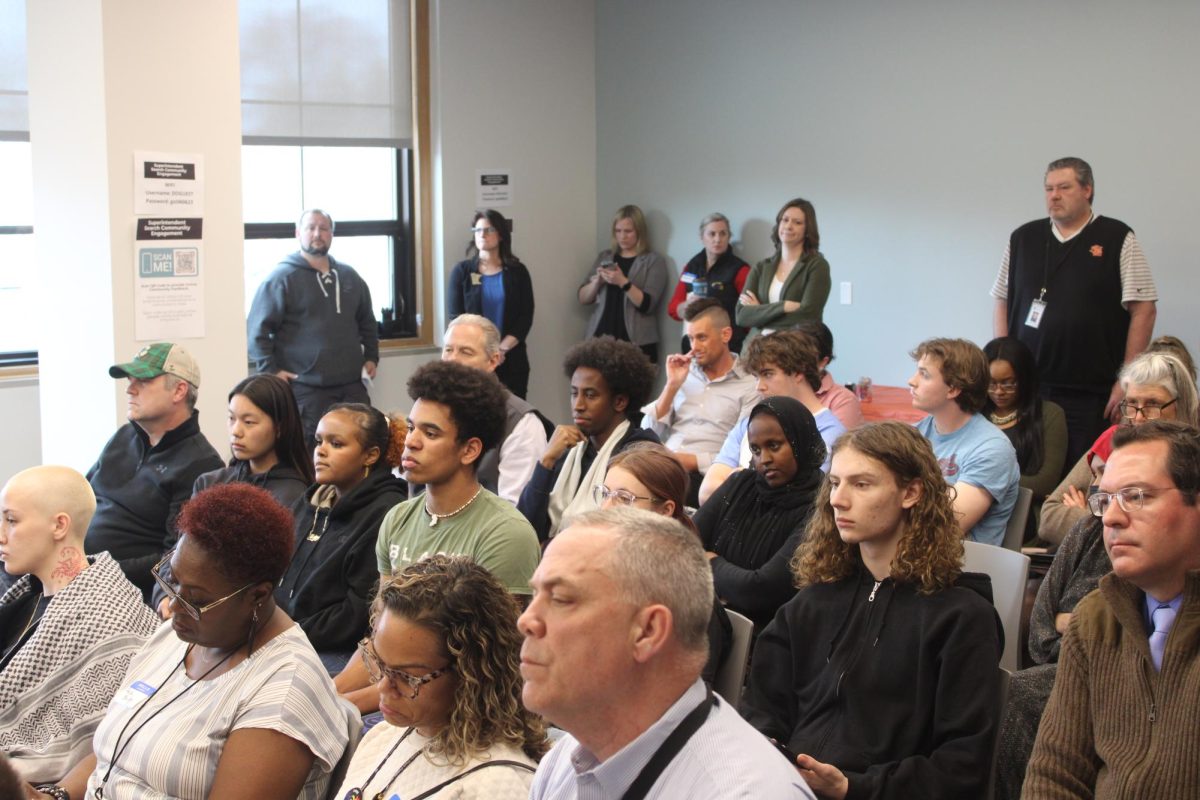

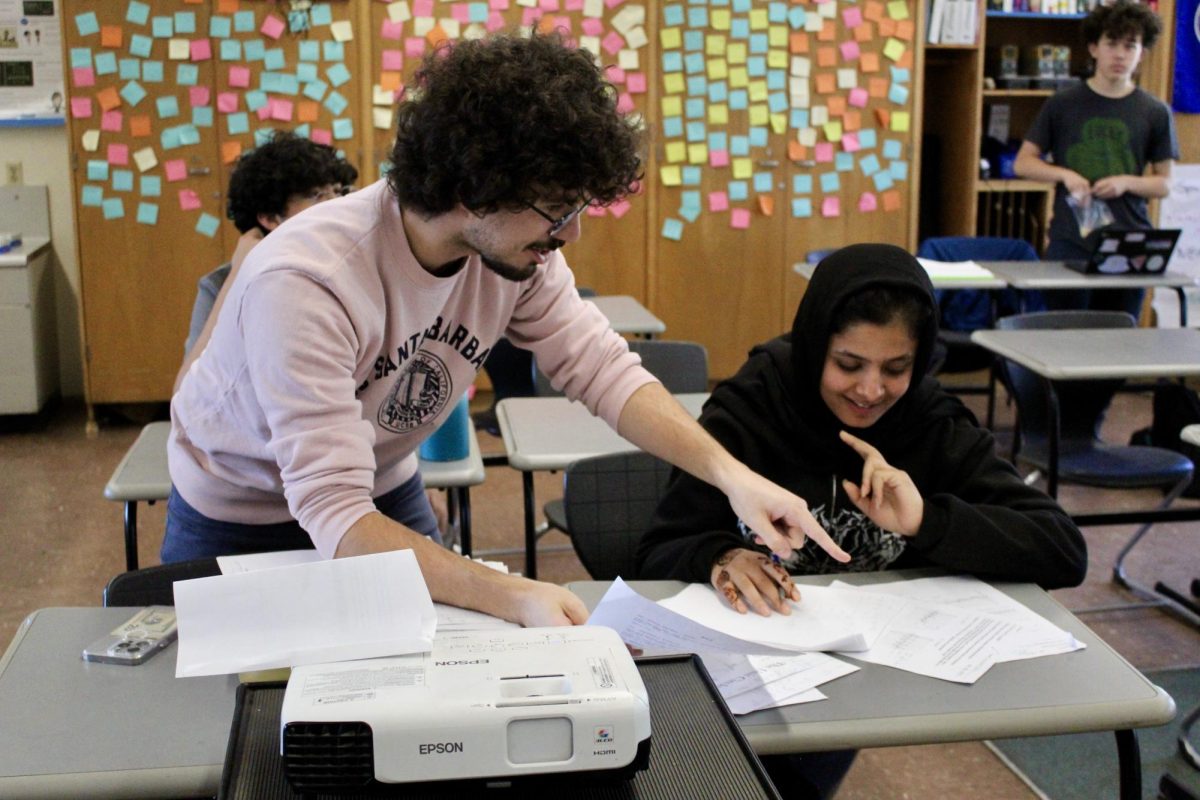
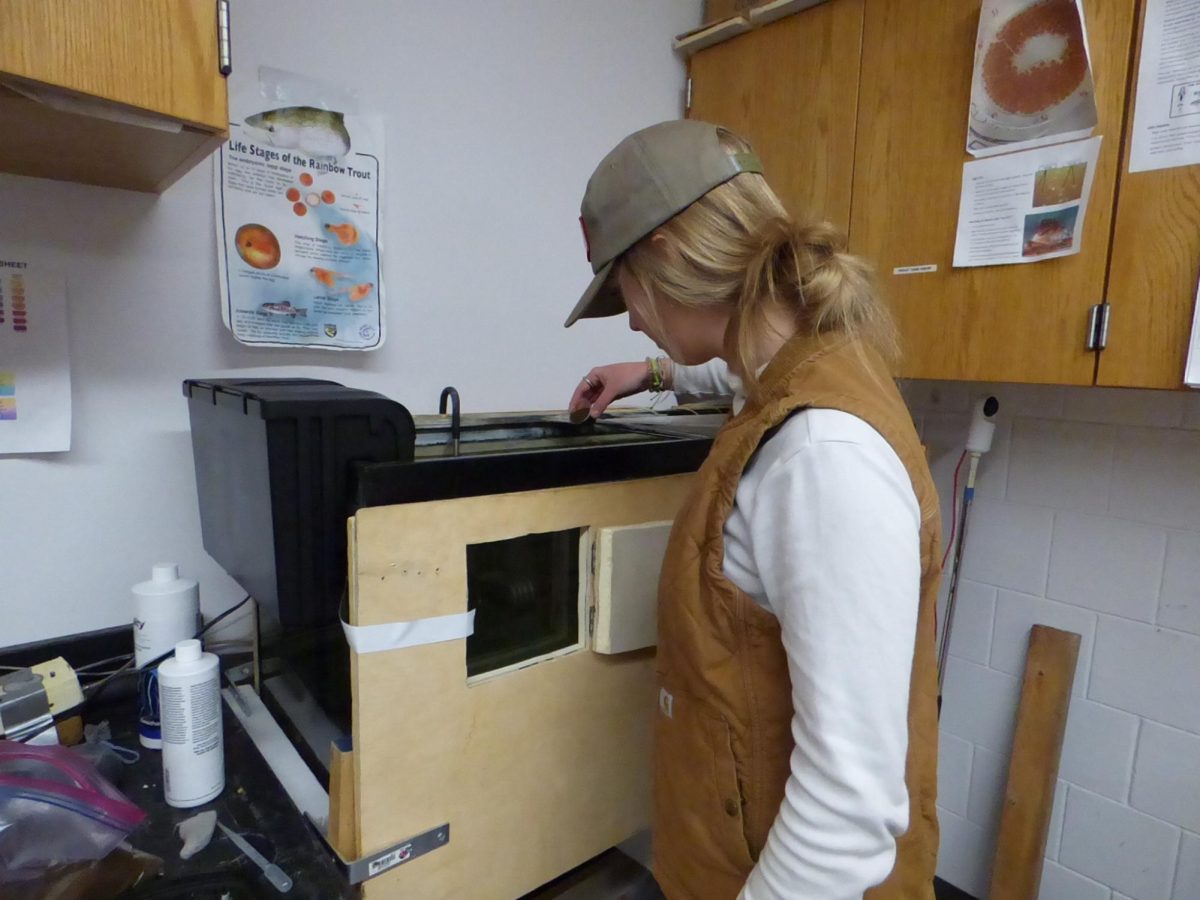
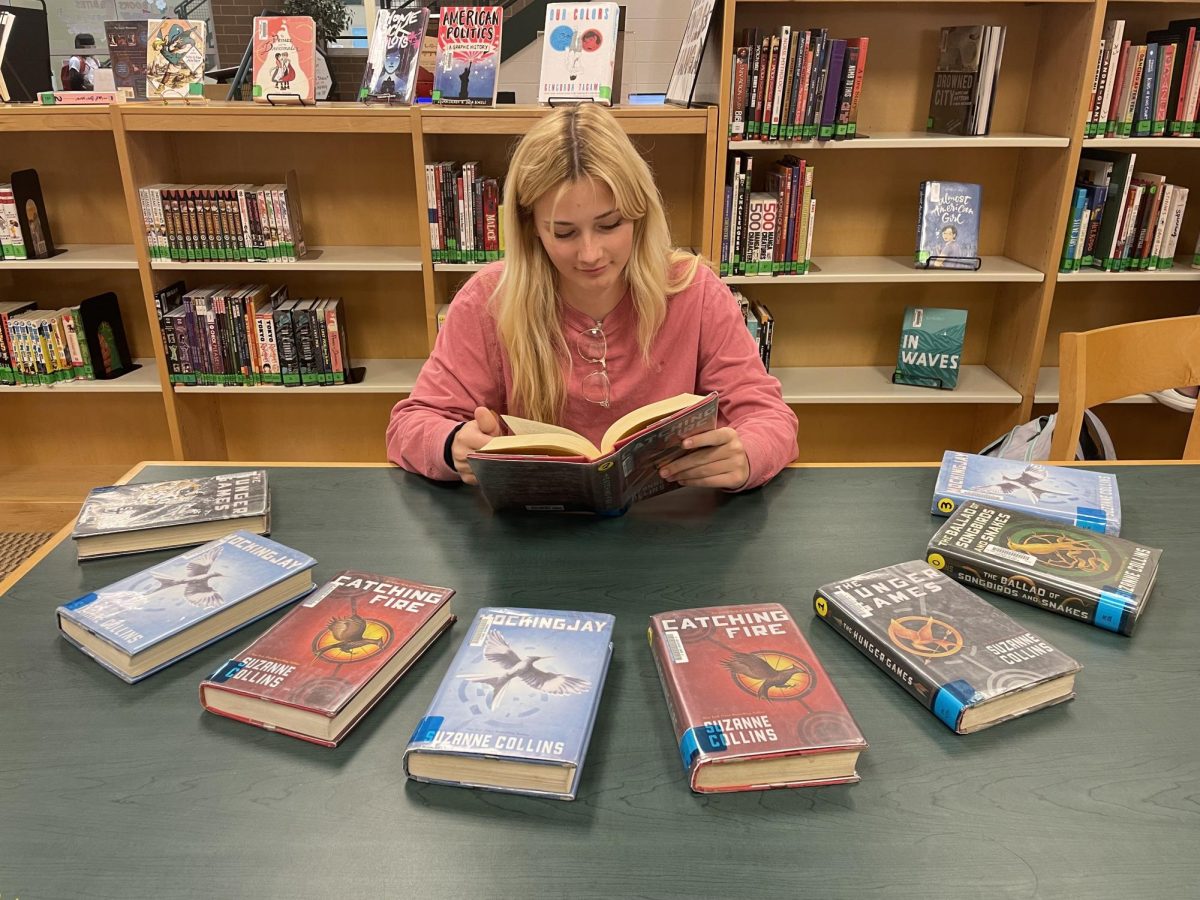

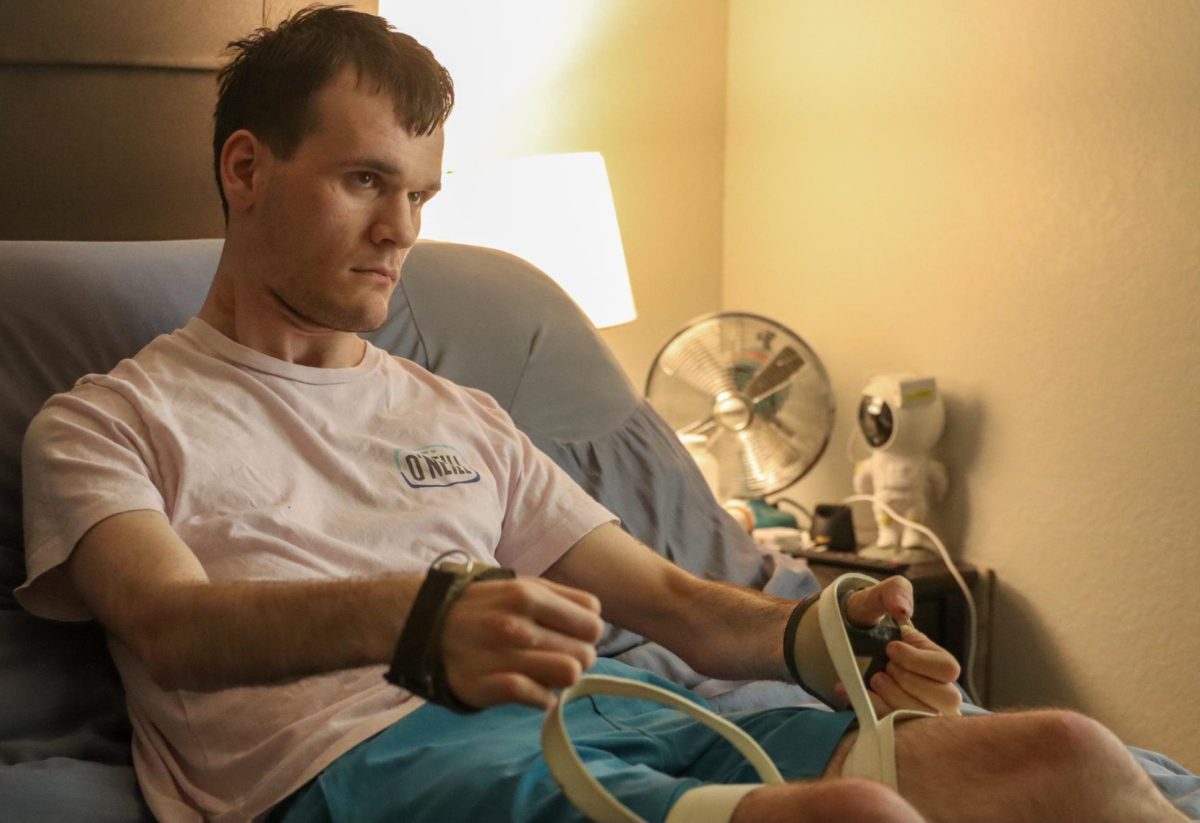



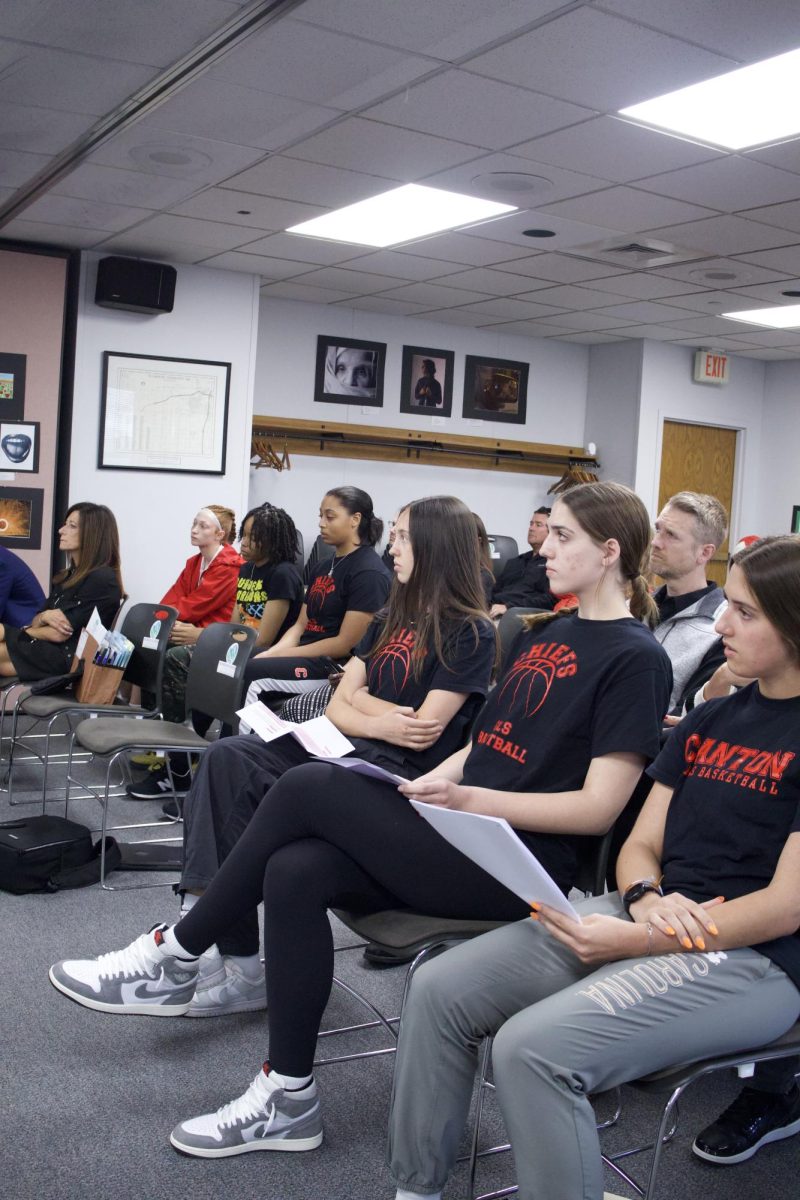

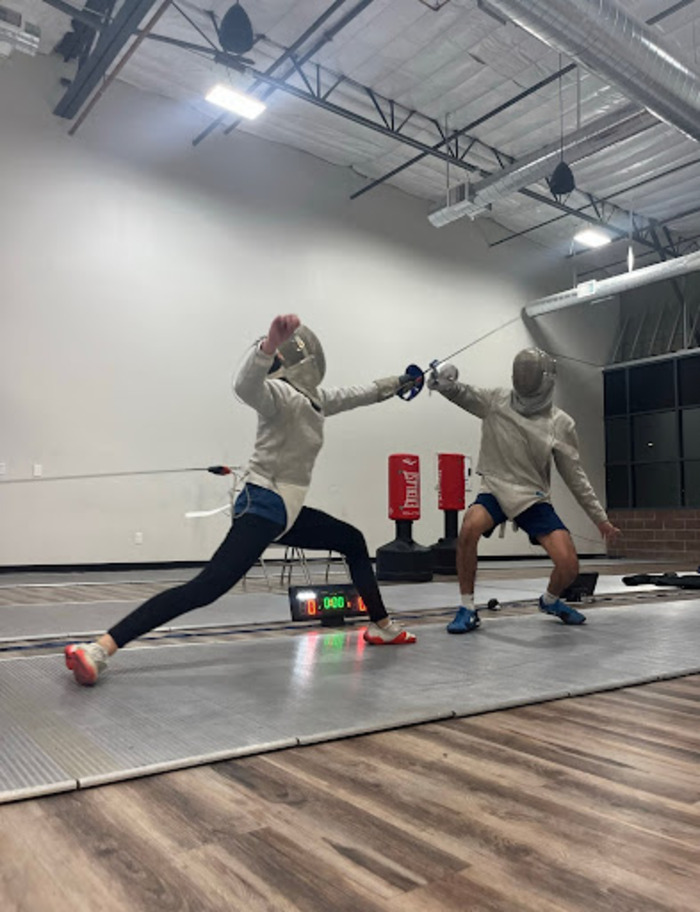

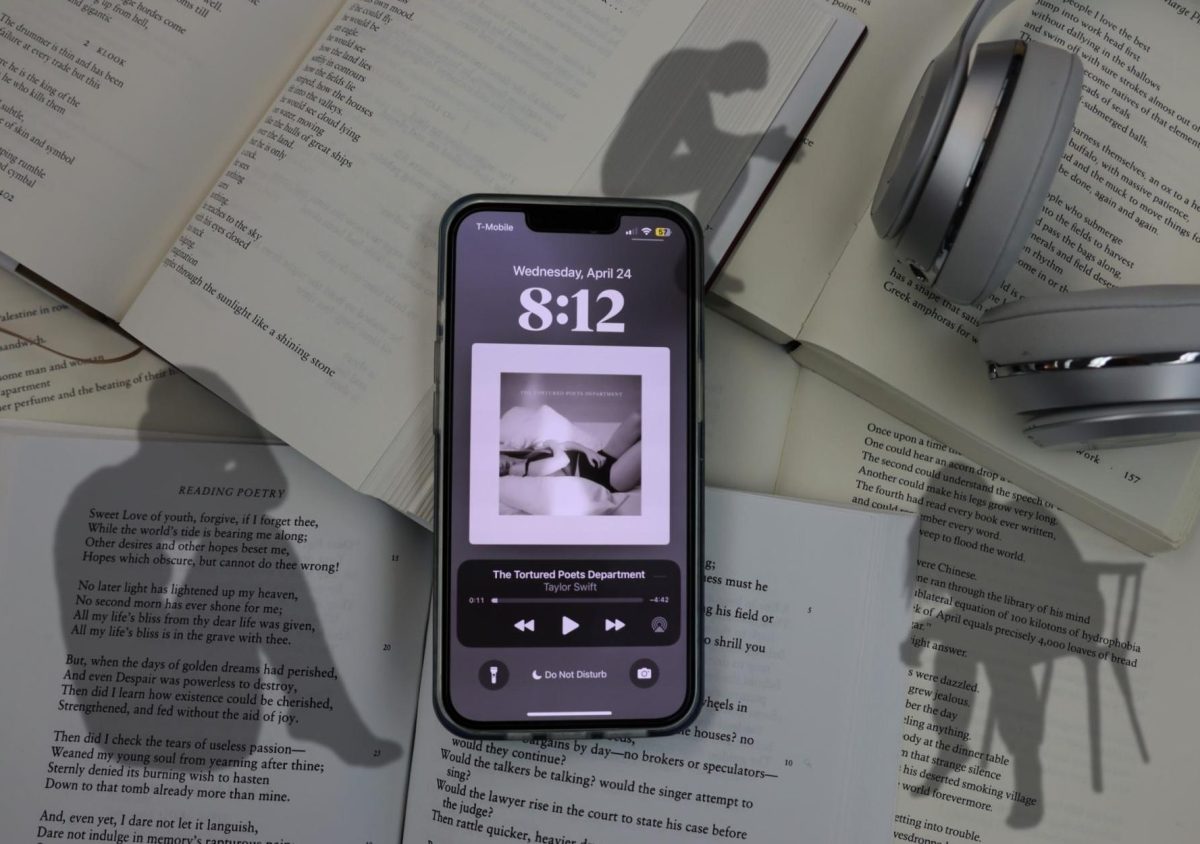














![IN THE SPOTLIGHT: Junior Zalie Mann performs “I Love to Cry at Weddings,” an ensemble piece from the fall musical Sweet Charity, to prospective students during the Fine Arts Showcase on Wednesday, Nov. 8. The showcase is a compilation of performances and demonstrations from each fine arts strand offered at McCallum. This show is put on so that prospective students can see if they are interested in joining an academy or major.
Sweet Charity originally ran the weekends of Sept. 28 and Oct. 8, but made a comeback for the Fine Arts Showcase.
“[Being at the front in the spotlight] is my favorite part of the whole dance, so I was super happy to be on stage performing and smiling at the audience,” Mann said.
Mann performed in both the musical theatre performance and dance excerpt “Ethereal,” a contemporary piece choreographed by the new dance director Terrance Carson, in the showcase. With also being a dance ambassador, Mann got to talk about what MAC dance is, her experience and answer any questions the aspiring arts majors and their parents may have.
Caption by Maya Tackett.](https://bestofsno.com/wp-content/uploads/2024/02/53321803427_47cd17fe70_o-1-1200x800.jpg)
![SPREADING THE JOY: Sophomore Chim Becker poses with sophomores Cozbi Sims and Lou Davidson while manning a table at the Hispanic Heritage treat day during lunch of Sept 28. Becker is a part of the students of color alliance, who put together the activity to raise money for their club.
“It [the stand] was really fun because McCallum has a lot of latino kids,” Becker said. “And I think it was nice that I could share the stuff that I usually just have at home with people who have never tried it before.”
Becker recognizes the importance of celebrating Hispanic heritage at Mac.
“I think its important to celebrate,” Becker said. “Because our culture is awesome and super cool, and everybody should be able to learn about other cultures of the world.”
Caption by JoJo Barnard.](https://bestofsno.com/wp-content/uploads/2024/01/53221601352_4127a81c41_o-1200x675.jpg)





